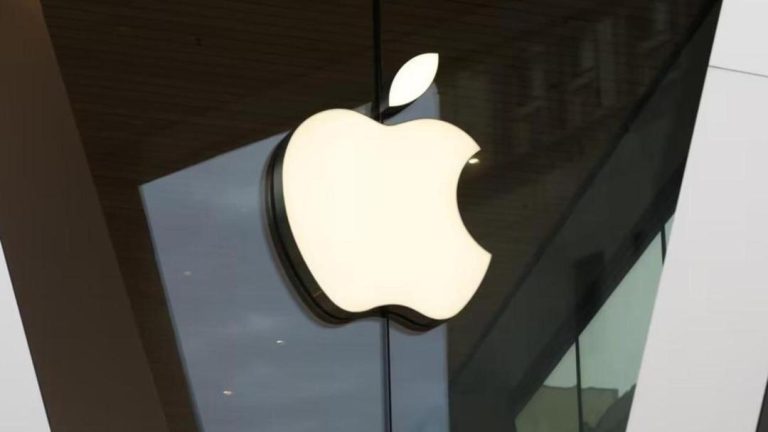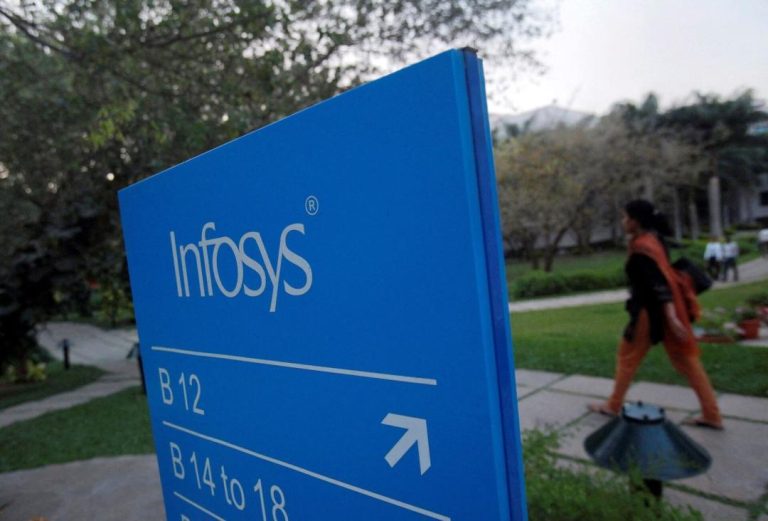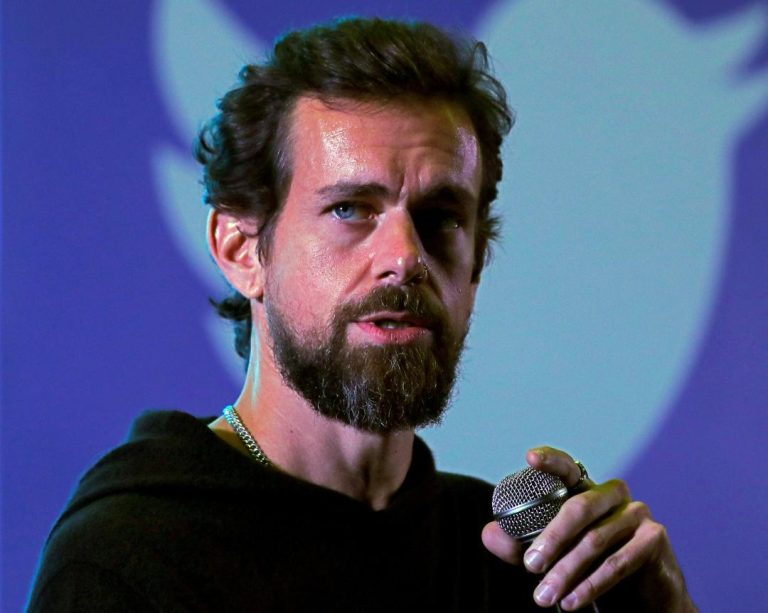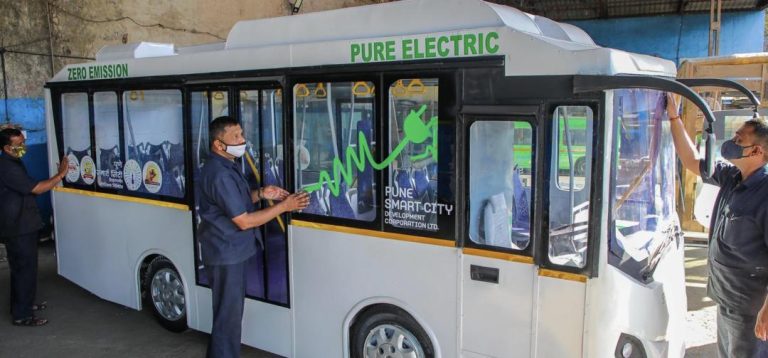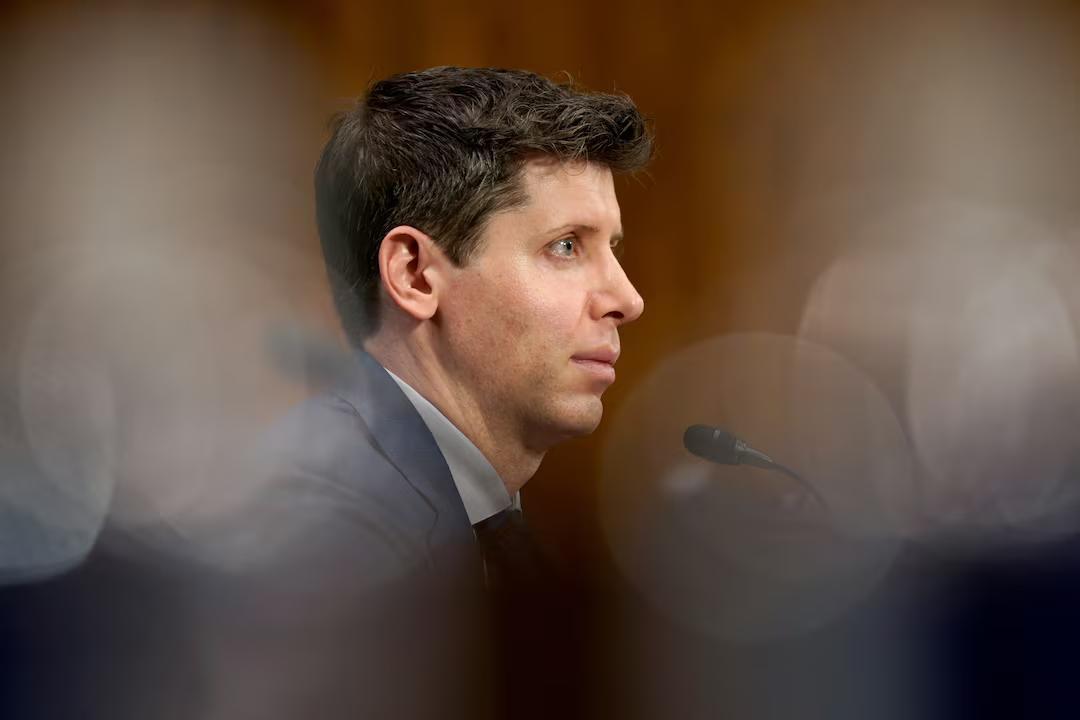
OpenAI Poaches AI Talent from Meta & Others after Meta’s Poaching: Report
In a move that’s being seen as a bold play in the ongoing game of poaching top AI talent, OpenAI has reportedly hired four high-profile engineers from Meta, xAI, and Tesla to join its scaling team. This news comes as Meta continues to poach AI talent from across the tech industry, a trend that seems to be escalating rapidly.
According to a recent report by WIRED, the four engineers who have made the switch to OpenAI are David Lau, a former VP of software engineering at Tesla; Uday Ruddarraju, who previously served as the head of infrastructure engineering at xAI; Mike Dalton, a seasoned AI engineer at xAI; and Angela Fan, a researcher at Meta AI.
This move marks a significant coup for OpenAI, as it has managed to poach top talent from some of its biggest rivals in the AI space. Meta, in particular, has been making headlines recently for its aggressive poaching tactics, and it seems that OpenAI is now fighting back.
But why is this talent so valuable? And what does it mean for the future of AI research and development?
To understand the significance of this move, it’s essential to take a step back and look at the bigger picture. OpenAI is a company that’s been at the forefront of AI research and development for several years now, and has made some significant breakthroughs in the field. Its flagship product, ChatGPT, is a sophisticated language model that’s capable of generating human-like text, and has been making waves in the tech industry.
However, developing such a complex technology requires a team of highly skilled engineers and researchers, and OpenAI has been working hard to attract and retain the best talent in the industry. The company has been offering competitive salaries and benefits, as well as the opportunity to work on cutting-edge projects, to lure top engineers away from its rivals.
Meta, on the other hand, has been building its own AI capabilities, and has been poaching talent from across the tech industry to support its efforts. The company has been investing heavily in AI research and development, and has made some significant hires in recent months.
However, OpenAI’s decision to poach top talent from Meta and other rivals is a significant blow to the company’s efforts. Meta’s ability to attract and retain top talent is a key part of its strategy to develop its AI capabilities, and losing some of its most skilled engineers to a rival is a major setback.
So what does this mean for the future of AI research and development? One potential implication is that we may see a further escalation of the poaching war between tech companies. As the competition for top AI talent continues to intensify, companies may feel pressure to offer increasingly generous salaries and benefits to attract and retain the best engineers.
Another potential implication is that we may see a shift in the focus of AI research and development. As companies like OpenAI and Meta continue to compete for top talent, they may be forced to prioritize projects that are more likely to yield short-term results, rather than investing in long-term research and development.
Finally, the poaching war may also have implications for the broader tech industry. As companies compete for top talent, they may be forced to raise their prices for AI-related services, which could have a ripple effect throughout the industry.
In conclusion, OpenAI’s decision to poach top talent from Meta and other rivals is a significant development in the ongoing game of poaching top AI talent. As the competition for top engineers continues to intensify, we may see a further escalation of the poaching war, and a shift in the focus of AI research and development. Only time will tell how this plays out, but one thing is certain: the future of AI is going to be shaped by the companies that can attract and retain the best talent.
